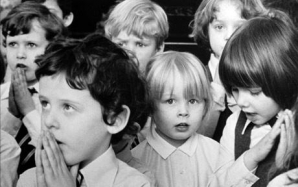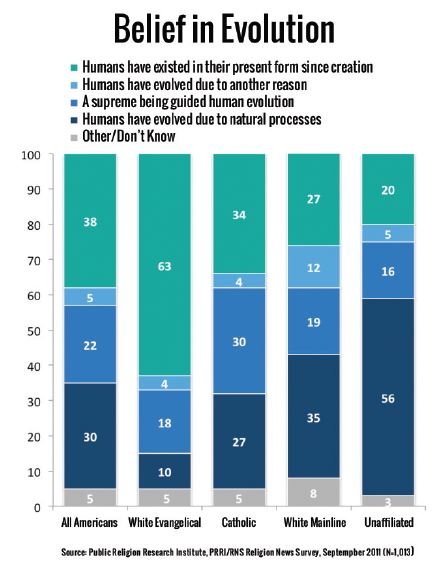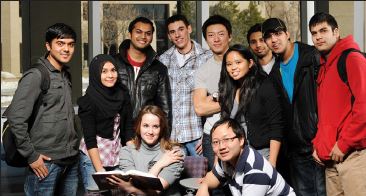Jean Decety and colleagues assessed altruism┬áand moral cognition in six countries. ┬áParents in religious households reported┬áthat their children expressed more┬áempathy and sensitivity for justice in┬áeveryday life. However, religiousness was┬áinversely predictive of childrenÔÇÖs altruism┬áand positively correlated with their┬ápunitive tendencies.
Prosocial behaviors are ubiquitous across societies. They emerge early in ontogeny
ments and prosocial behavior, the relation between┬áreligiosity and morality is a contentious one. Here,┬áwe assessed altruism and third-party evaluation of┬áscenarios depicting interpersonal harm in 1,170 children aged between 5 and 12 years in six countries┬á(Canada, China, Jordan, Turkey, USA, and South Africa), the religiousness of their household, and┬áparent-reported child empathy and sensitivity to justice. Across all countries, parents in religious households reported that their children expressed more┬áempathy and sensitivity for justice in everyday life┬áthan non-religious parents. However, religiousness┬áwas inversely predictive of childrenÔÇÖs altruism and┬ápositively correlated with their punitive tendencies.┬áTogether these results reveal the similarity across┬ácountries in how religion negatively influences chil-
drenÔÇÖs altruism, challenging the view that religiosity┬áfacilitates prosocial behavior.
See the report here.





